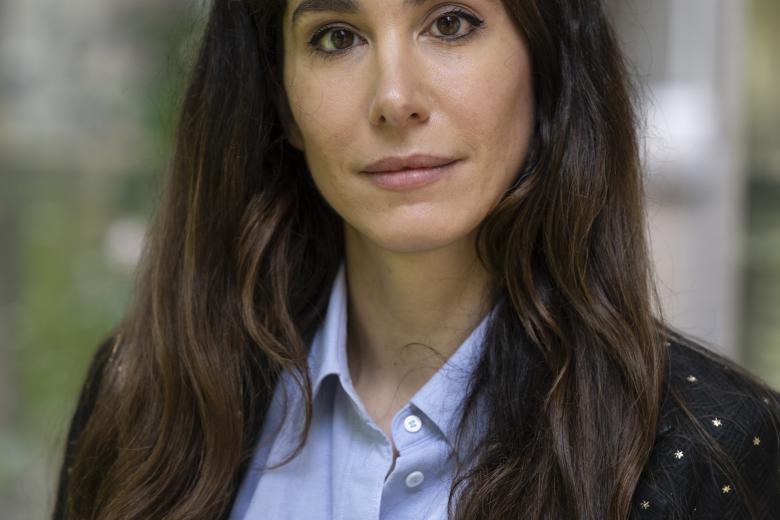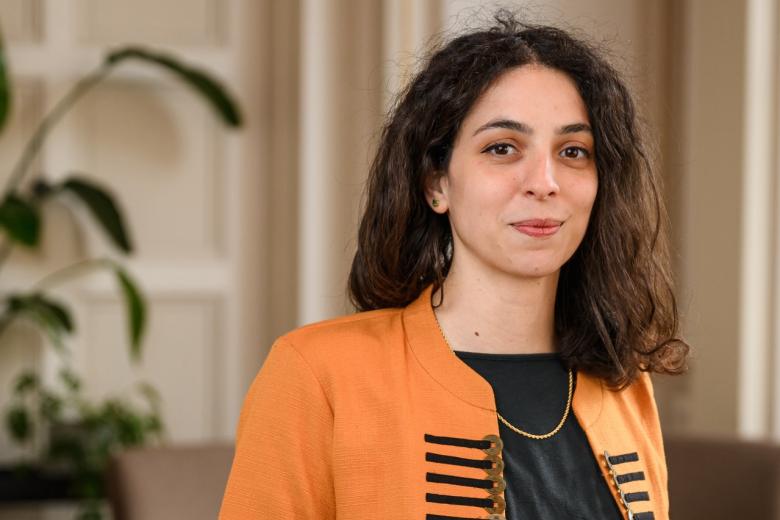Introduction - Between narratives and reality: The EU at the gates of a new mandate
The conference “Between narratives and reality: The EU at the gates of a new mandate” which took place at the Faculty of Law of Maastricht University on the 20 and 21 of June 2024, was the closing event of a series of initiatives that revolved around the European elections.
The idea behind the conference was to take advantage of the timing of the conference, right after the EP elections, and reflect on how we could take stock of what has happened in the past legislative mandate and how that will affect the new EP legislature and Commission.
In the past years, we witnessed crucial EU actions and reactions to major crises and pivotal changes at a constitutional level but also in the way the Union presents its role and ambitions to its citizens and to the wider world. We also saw shifting narratives with a greater accent on the (geo)political and value-based narrative of the Union. At the same time, we wanted to assess, in a polity that relies more on output legitimacy than input legitimacy, how those narratives and ambitions translated into reality and whether there is a discrepancy between how the EU presents its ambitions and the effect of its actions.
Hence, the theme of the conference was about something being promised and something else happening. We started thinking about that gap in the context of a changing political landscape and against the background of the runup to EU elections and we wanted to discuss how those discrepancies will be carried on to the new institutional composition
The results of the elections show that something is off: there has been disengagement and discontent and a move – though not so dramatic as anticipated – towards the far-right which led to opening up to forces that have a (sometimes concealed) anti-European stance or that do not share the ambitions and narratives that have characterised the current Commission. And all of this despite the support that Union citizens the show for EU integration. The electoral results hint to the mismatch we had in mind, and which exists to different degrees and in different directions across multiple dimensions. Some may feel frustrated because of this, especially considering the impact of EU actions in citizens’ daily life. At the same time, this mismatch may be somewhat inherent to the EU institutions’ way of coping with the increasingly divergent (polarised) society, with different visions of EU integration not only among Member States but also among people.
At the Law Faculty, we felt that this mismatch is something that can and should be approached from different disciplines. Economists can tell us what the actual impact of a policy decision is. The work of historians and political scientists can help us understand why that decision was adopted. Philosophers could make us reflect on whether the decision was desirable or not. And the study of the law can unveil precisely how these decisions were adopted. In the end, public policies become a reality by means of discrete legal instruments that make them alive and binding: they are “legally mediated”. At the same time, having these joint discussions is also important for us lawyers to realise that the law is not a neutral, remote instrument but a vehicle of realities that strongly affect people’s everyday lives.
Having decided the general topic of the conference, this “mismatch” between what the EU promises and what it does, we had to select the themes we would explore. To do so, we thought of policies that were not only politically salient ahead of the European elections, but where the mismatch between narratives and reality appeared particularly prominent: institutional functioning, environmental protection, migration and membership, and economic cohesion. In doing so, we were also fuelling our own research agendas. Fulvia Ristuccia’s research focuses on now the territorial dimension of the EU interacts with the shaping of a European identity through free movement of persons and the rights and values that come with it. Leticia Díez Sánchez’s research revolves around how distinct aspects of EU legislation tend to privilege some groups over others, even in policy areas specifically designed to narrow inequalities such as cohesion and agricultural policies.
The topic and themes chosen, and our reflections on them, led us to think of the European Ombudsman as a perfect keynote speaker. During her mandate, Ms O’Reilly has sought to ensure that the EU administration acts in a way that is transparent, inclusive, and respectful of its own commitments. The relevance of her work stems precisely from her demands that institutions follow what they have promised, and thus generate a climate of credibility and trust vis-à-vis EU citizens. In this manner, the Ombudsman has contributed to narrow the gap between narratives and reality and fuelled the public debate.
After the European Ombudsman’s keynote speech, four panels explored, respectively, each of the four main themes of our conference.
Read more
Panel 1: Institutional Change
Panel 2: Environmental Protection
Panel 3: Migration and Membership
Panel 4: Inequality and Cohesion
L. Díez Sánchez
I am Assistant Professor in EU Law. Before that, I was Inquiries Officer at the strategic team of the European Ombudsman, Teaching Fellow in Law at Sciences Po Paris, and Emile Noël Fellow at New York University (Fulbright-Schuman Scholar).

F. Ristuccia
Fulvia Ristuccia holds a Master’s degree in Law from Roma Tre University (2014), an LLM in European Law from the College of Europe in Bruges (2017), where she was also Academic Assistant in a.y. 2017-2018, and a PhD (cum laude, 2022) from Bocconi University.

Also read
-

On 10 October 2022 MEP René Repasi lodged an action for annulment against the complementary taxonomy delegated regulation 2022/1214.
-

Throughout the EU, the rights of asylum seekers come under pressure. Overdue policy changes remain stuck in negotiations because of lacking political will. It is up to the European Commission to step up and protect the fundamental rights of asylum seekers.
-

Recently, politicians in different EU countries have suggested barring Russian tourists from visiting the EU (see reporting here and